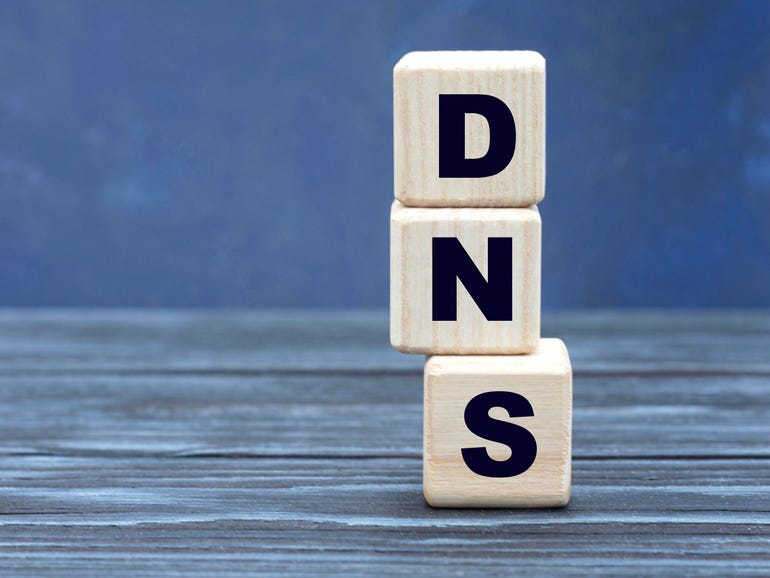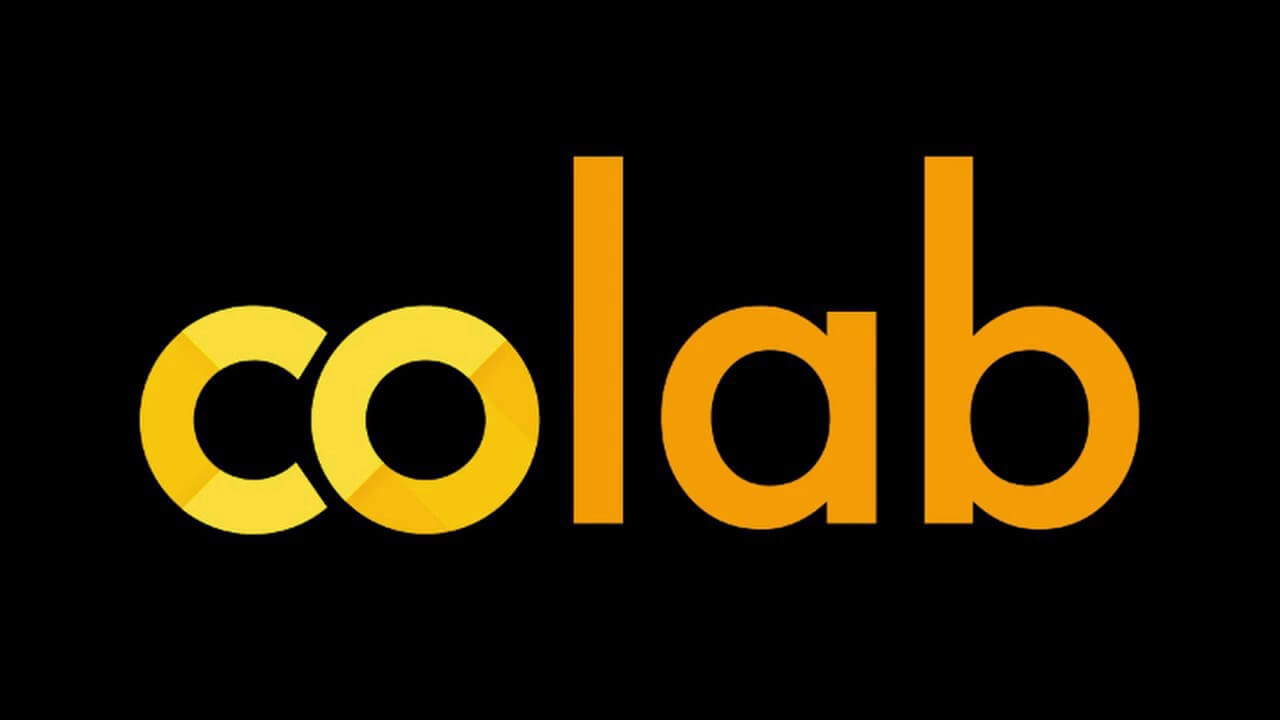
10 Predictions for the Future of Computing or; the Inane Ramblings of our Chief Scientist
I’ll preface this by saying that I’m not a programming language expert. It’s one of those areas I feel I should know more about and would love to play more with!
Longer-term I think we will see new languages which build on concepts in Rust (primarily the memory model & borrow-check) with higher-level features becoming popular. Taking the type-system to the next level, I believe a language with dependent-types (such as Idris) will make the jump from academia (or hobby language) to become a popular language used within industry.
When developing microservices, especially for Kubernetes, it’s beneficial to use a language that can produce small stand-alone binaries. Languages that compile to WASM are likely to also become more important, as they will provide access to various PaaS and edge platforms. Both these factors may limit the growth of languages such as Elixir and Gleam, which rely on the Erlang VM. (Note that projects like LUMEN may prove me entirely wrong here.)
Over the next 5 years Kubernetes (also known as k8s) will continue to grow. But unless it does something to address the burgeoning complexity, we will start seeing serious competitors. We are getting to the stage where running and maintaining Kubernetes is complicated enough that users are turning to managed services like GKE or employing specialist companies like Giant Swarm and Container Solutions to take care of Kubernetes. Even companies on managed services will be looking to specialist companies for support. This isn’t necessarily a bad thing - these services empower organisations to focus on the core business - but it does mean that users who are reluctant to pay for these services will be attracted to simpler alternatives.




















